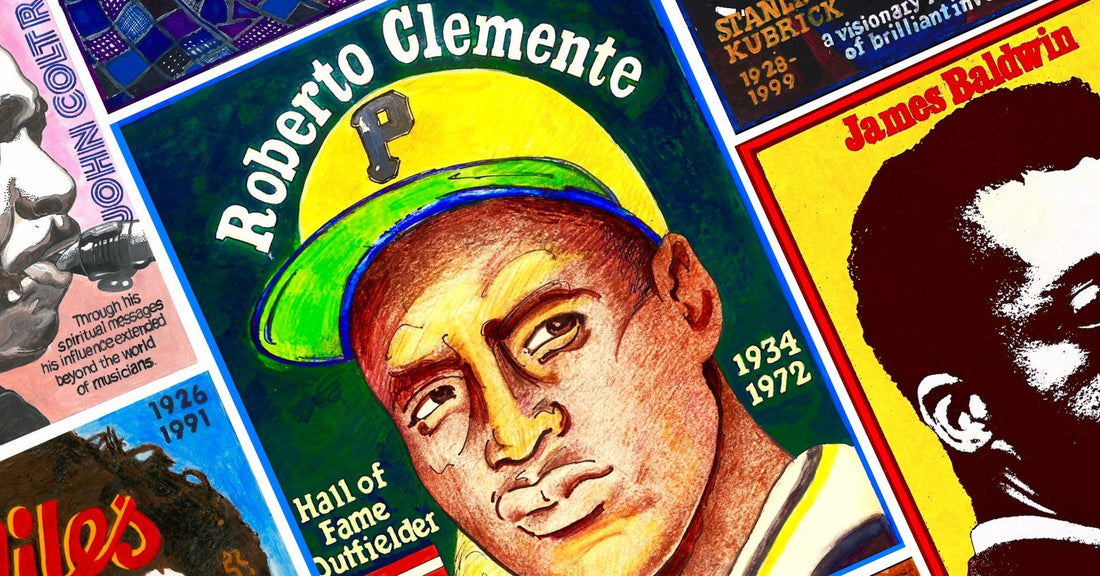
Roberto Clemente: From the Field to Humanity
Share
In the warm coastal town of Carolina, Puerto Rico, a young boy named Roberto Clemente grew up dreaming big. Born on August 18, 1934, Clemente was the youngest of seven children in a humble, hardworking family. His father, Melchor, worked in sugarcane fields, while his mother, Luisa, kept the household running. From a young age, Roberto showed two things: a fierce determination and a natural talent for baseball.
By the time he was in high school, Clemente’s powerful throwing arm and speed were turning heads. He began playing for the Santurce Cangrejeros in Puerto Rico’s winter league at just 18. His talent quickly earned him a spot with the Brooklyn Dodgers organization, but due to baseball’s draft rules, he was soon signed by the Pittsburgh Pirates—a moment that would define his career.
When Clemente arrived in the United States in the 1950s, he faced more than just the pressure of performing on the field. He encountered racism and language barriers in a time when few Latino players were in Major League Baseball. Sportswriters often mocked his Spanish accent and misrepresented his quotes. Still, he never let that dim his passion or pride. “I don’t believe in color,” he once said. “I believe in people.”
Clemente’s career with the Pittsburgh Pirates spanned 18 seasons, where he quickly became one of baseball’s brightest stars. He was a 15-time All-Star, 12-time Gold Glove winner, National League MVP in 1966, and won two World Series titles. Perhaps his most memorable moment came in the 1971 World Series, where he batted .414 and led the Pirates to victory. That same year, he became only the 11th player in history to collect 3,000 hits—an elite milestone that would forever seal his place in the sport’s history.
But Clemente’s legacy wasn’t just defined by statistics and trophies. He was deeply committed to humanitarian causes, never forgetting where he came from. He regularly visited sick children in hospitals, donated time and money to underprivileged communities, and always used his platform to speak out against injustice.
His final act of heroism came on December 31, 1972. After hearing about a devastating earthquake in Nicaragua, Clemente organized emergency aid and personally oversaw its delivery. When he discovered that previous shipments had been stolen by corrupt officials, he insisted on escorting the next flight himself to ensure the supplies reached those in need.
The plane he boarded was overloaded and poorly maintained. Just minutes after takeoff, it crashed into the ocean off the coast of Puerto Rico. Roberto Clemente was only 38 years old.
His death shook the world, but his legacy soared even higher. In 1973, he was posthumously inducted into the Baseball Hall of Fame, with the mandatory five-year waiting period waived in his honor. Today, Major League Baseball celebrates Roberto Clemente Day each year, and the Roberto Clemente Award is given to players who best exemplify sportsmanship and community involvement.
Roberto Clemente’s life was more than a baseball story—it was a story of heart, courage, and selflessness. He was a hero until the very end, a man who lived not just to play but to serve. In a world that often celebrates fame and fortune, Clemente reminds us that the true measure of greatness lies in how we treat others. He is a legacy we should all strive to follow.
